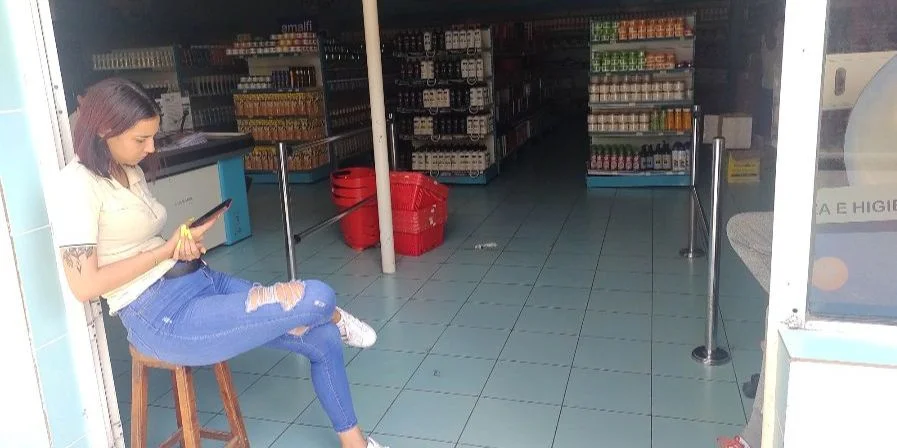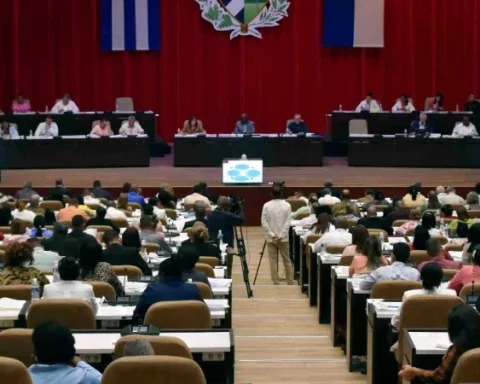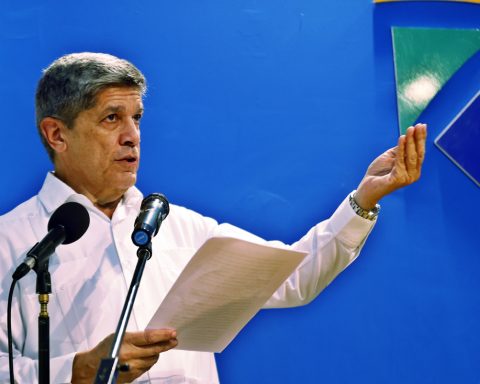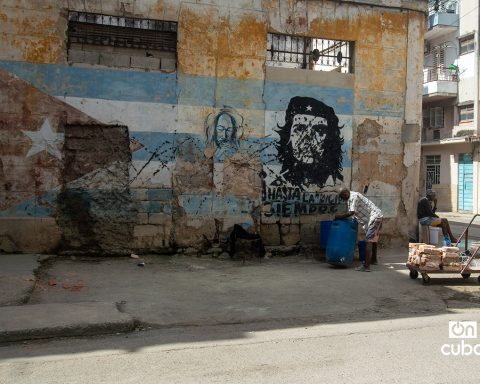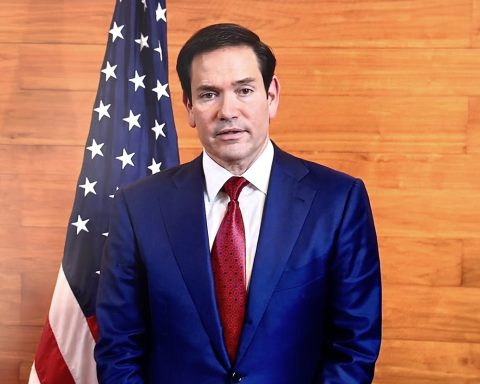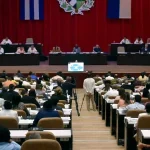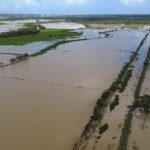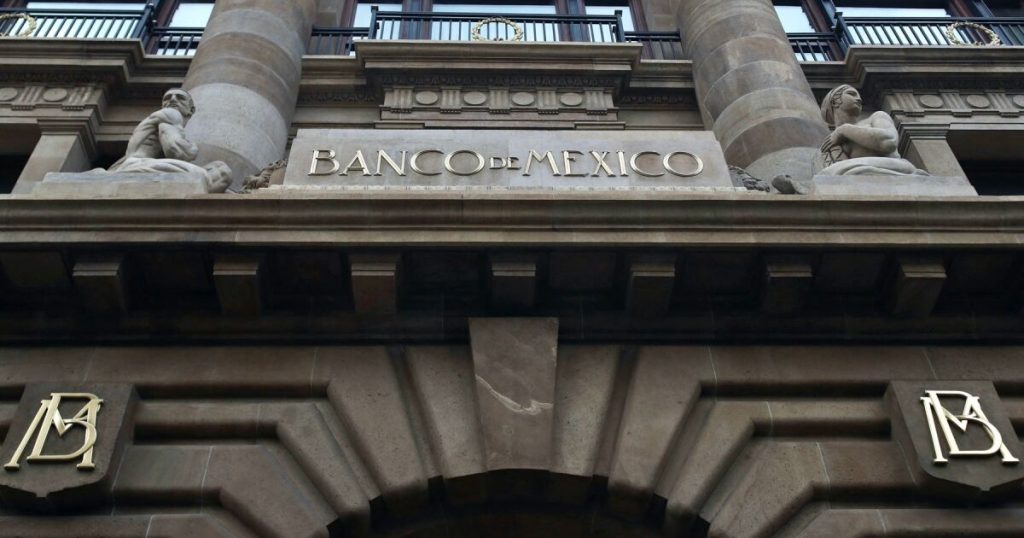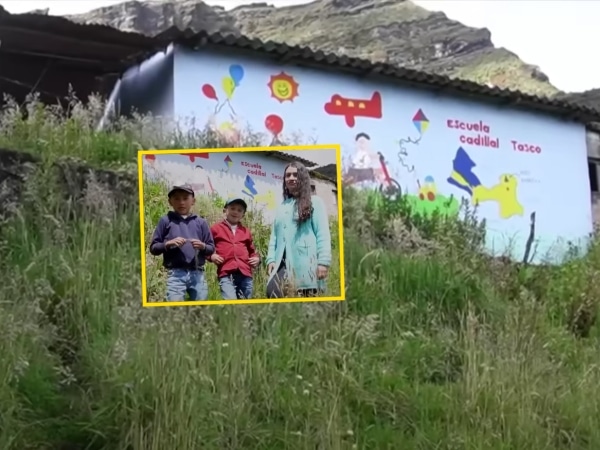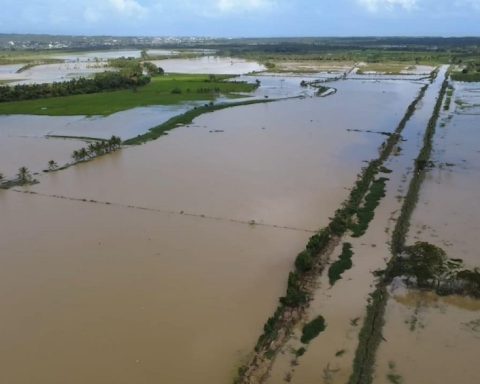MIAMI, United States. – The Cuban economist Pedro Monreal assured this Wednesday that the Decree 110/2024which forces economic actors to generate part of their own electricity from renewable sources, endangers the already weakened “modernity” of the national economy.
In a series of posts on the social networkMonreal stated: “The notion that each economic ‘actor’ must generate its ‘own electricity from renewable energy sources’ puts at risk the little ‘modernity’ that the Cuban economy has left.”
The economist highlighted that the premise that “with the national energy situation it is impossible to continue assimilating load” implies an admission by the Cuban State of its inability to ensure a basic condition of modern economic systems. “It is a disintegrating vision of the national economy that promotes inefficiency and inefficiency (both!),” he added.
Monreal also questioned the application of the decree, pointing out that it extends to electricity the fragmented vision that has already been implemented with the policy that the sectors must generate their own currency. “Decree 110/2024 extends to electricity the vision of ‘cuartones’ that has already been implemented with the idea that sectors must generate their own currency,” he wrote.
In addition, he drew attention to possible discrepancies between what officials said and what was stipulated in the decree. “It is striking that what was said on TV by the general director of the National Office for the Control of the Rational Use of Energy (ONURE) would seem to go beyond what is in ‘the letter’ of Decree 110/2024. “Someone should clarify that,” Monreal said.
The decree establishes that new investments considered “high consumers” must guarantee 50% of the electricity they consume through renewable sources. However, Monreal stressed that this could add an entry barrier to investment in a country with a very low accumulation rate and a distorted investment structure, biased towards tourism.
Regarding the installed capacity of renewable energies, the economist highlighted that in 2023 it represented only 5% of the total power in public service plants. “It would seem that now they are trying to focus more on electricity as a business self-supply and less as a public service,” he commented.
Decree 110/2024, titled “Regulations for the control and efficient use of energy carriers and renewable energy sources”was published this Tuesday in the Official Gazette of the Republic of Cuba. The regulations foresee the possibility of total blackouts in the country that could last more than three days and urges citizens to prepare for prolonged electrical interruptions.
According to Article 40.1 of Chapter VI, the Minister of Energy and Mines may propose to the Council of Ministers a special electrical contingency regime when the National Electroenergy System (SEN) cannot satisfy the demand with the available generation capacity. This would imply impacts on the electrical service in a planned and sustained manner for more than 72 hours.
The decree also imposes obligations on high electricity consumers, who will have a period of up to three years to install renewable energy sources that guarantee at least 50% of their electricity consumption during peak daytime hours. If this is not possible, they must sign contracts for installed power in photovoltaic solar parks with the Electrical Union.
Sanctions for non-compliance vary depending on the type of economic actor. For state ones, the fines range between 2,500 and 5,000 Cuban pesos, while for non-state ones and foreign investment modalities, they range from 15,000 to 20,000 pesos. Furthermore, in the case of state actors, the person responsible must pay the fine with their personal assets.
